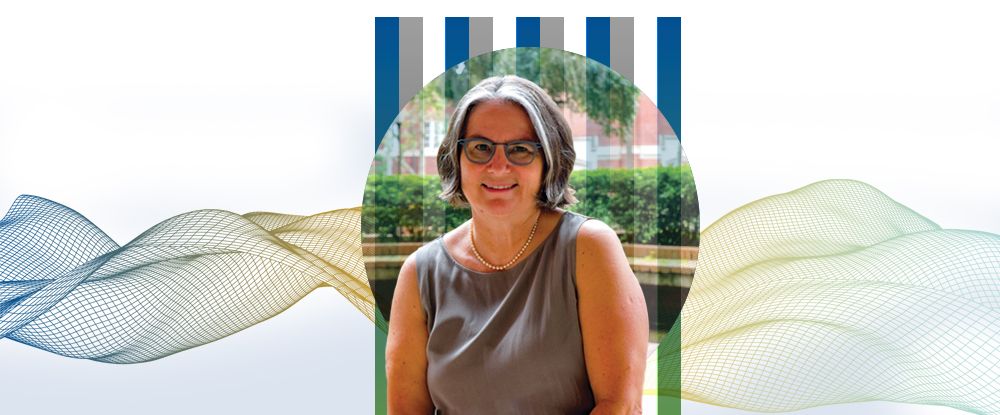To say that it was a challenging year would be an understatement. The pandemic forced scholars to revise their research projects, left new undergraduate students disoriented on a virtual campus, overextended graduate students and faculty on Zoom sessions, and prevented members of the public from attending in-person events. Despite the practical and emotional challenges of the pandemic, the Center for the Humanities and the Public Sphere had an immensely productive and engaging year, fostering new relationships, supporting research by graduate students and faculty, and expanding the horizon of career paths for graduate students.
The contributions by undergraduate and graduate students, faculty, and members of the community centrally defined Conversations in the Neighborhood: Let’s Talk about Food, especially in the workshops and panels on Asian American Food Memories, Latinx Food Memories and Foods of the African Diaspora. The series mobilized discussion with global and local participants about how dishes define our heritage and how we can sustain access to healthy food on campus and in our communities.
This year saw the completion of programming for Envision Humanities: A Graduate Student Toolkit for the 21st Century. 475 audience members attended 23 events of the Envision Humanities program aimed at expanding graduate education in the humanities, introducing public humanities to graduate students, and diversifying career paths in the humanities. Events included reading groups, introduction to platforms for career paths, professional workshops, panels with alumni, and programs on public writing and podcasting. These kinds of resources have been lifesavers for graduate students discouraged by a decline in academic jobs during the pandemic.
500 audience members attended the speaker series on Data & Democracy, which offered a sustained, yearlong humanities engagement with artificial technology and machine-learning. Katherine Chandler (Georgetown University), Catherine D’Ignazio (MIT), Ruha Benjamin (Princeton University) and Sylvester Johnson (Virginia Tech) delivered public lectures and held workshops on work in progress, faculty and graduate student research projects addressing technology and the humanities, student reading groups, AI curriculum development, and funding opportunities. The conversations among faculty and students in the humanities and STEM fields will continue for years to come and set the stage to train students in humanities approaches to technology for a future well-rounded workforce.
This past year also saw the conclusion of The Andrew W. Mellon Foundation grant, Intersections: Animating Conversations with the Humanities. For three years, four groups of faculty members and graduate students addressed the following grand-challenge questions: What would the world look like without mass incarceration? How can we engage ethical issues in public life? How do Black and Latinx people shape global and local cultures, politics and economies? How do technologies influence our lives, then and now? Ten undergraduate students graduated in 2021 as Intersections scholars. In their final videos, they reflected on the grand-challenge questions they investigated based on the three different courses they took and expressed how they would apply their knowledge in future education and careers.
Unfortunately, it was also a year in which we had to say farewell to two of our colleagues who moved on to the next chapters in their professional lives. Dr. Kristen Galvin, former Assistant Director for Graduate Engagement, has taken up a position as Assistant Professor of Art History and Director of the Art History Program at the University of Colorado, Colorado Springs. Dr. Sophia Acord, longtime Associate Director of the Humanities Center, has taken up a new role as the Associate Dean for Research and Strategic Initiatives in the UF College of the Arts. We can rely on the strong foundation in programming that they built over the years as we move forward.
These are just some highlights of the diverse ways in which the Humanities Center catalyzed conversations around a range of topics from food and sustainability to rethinking graduate education in the humanities and feminist approaches to AI. We look forward to another year of Conversations in the Neighborhood and another installment of our speaker series on Rethinking the Public Sphere. We also hope to come together again in person to exchange ideas and collaborate on projects that advance the mission of the Humanities Center!
With gratitude to our supporters and collaborators,

Barbara Mennel
Rothman Chair and Director
Center for the Humanities and the Public Sphere
